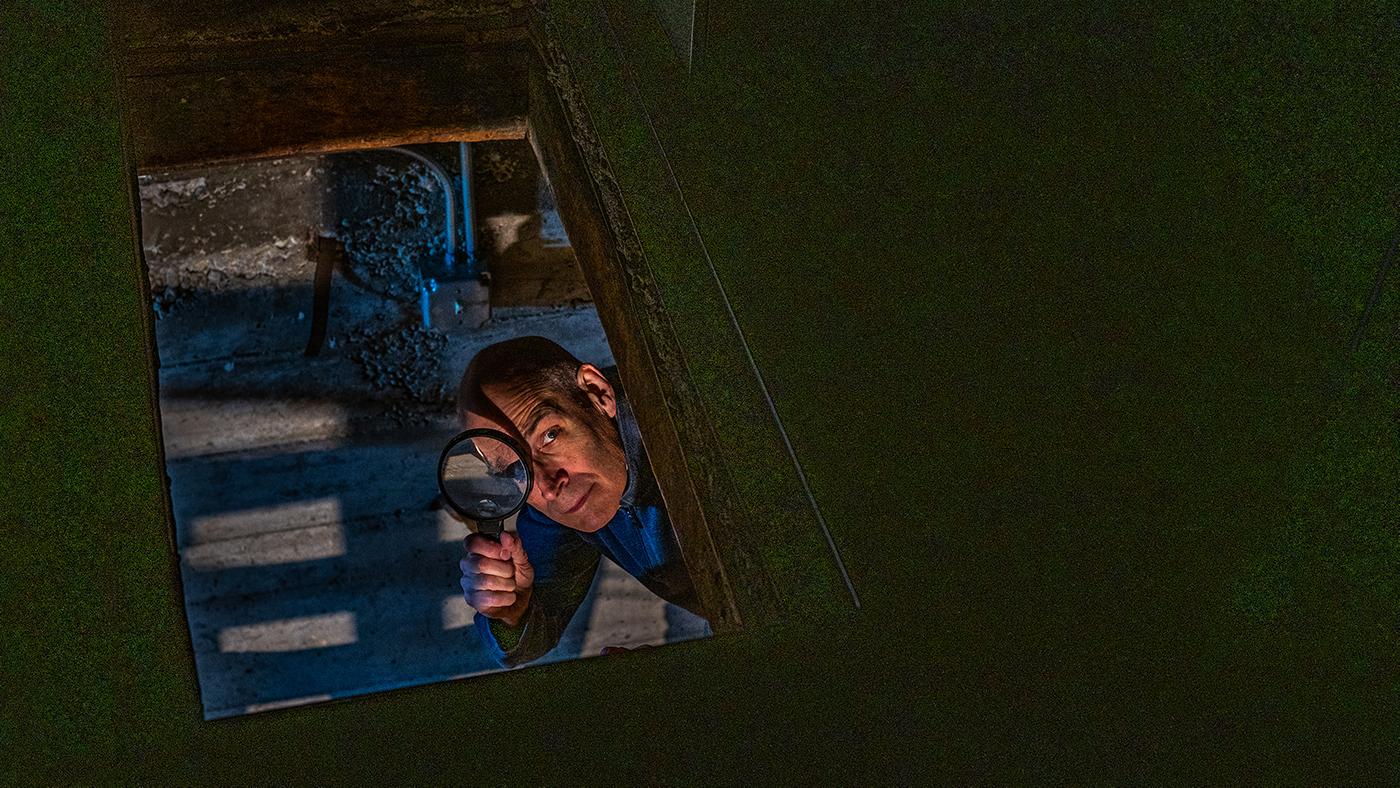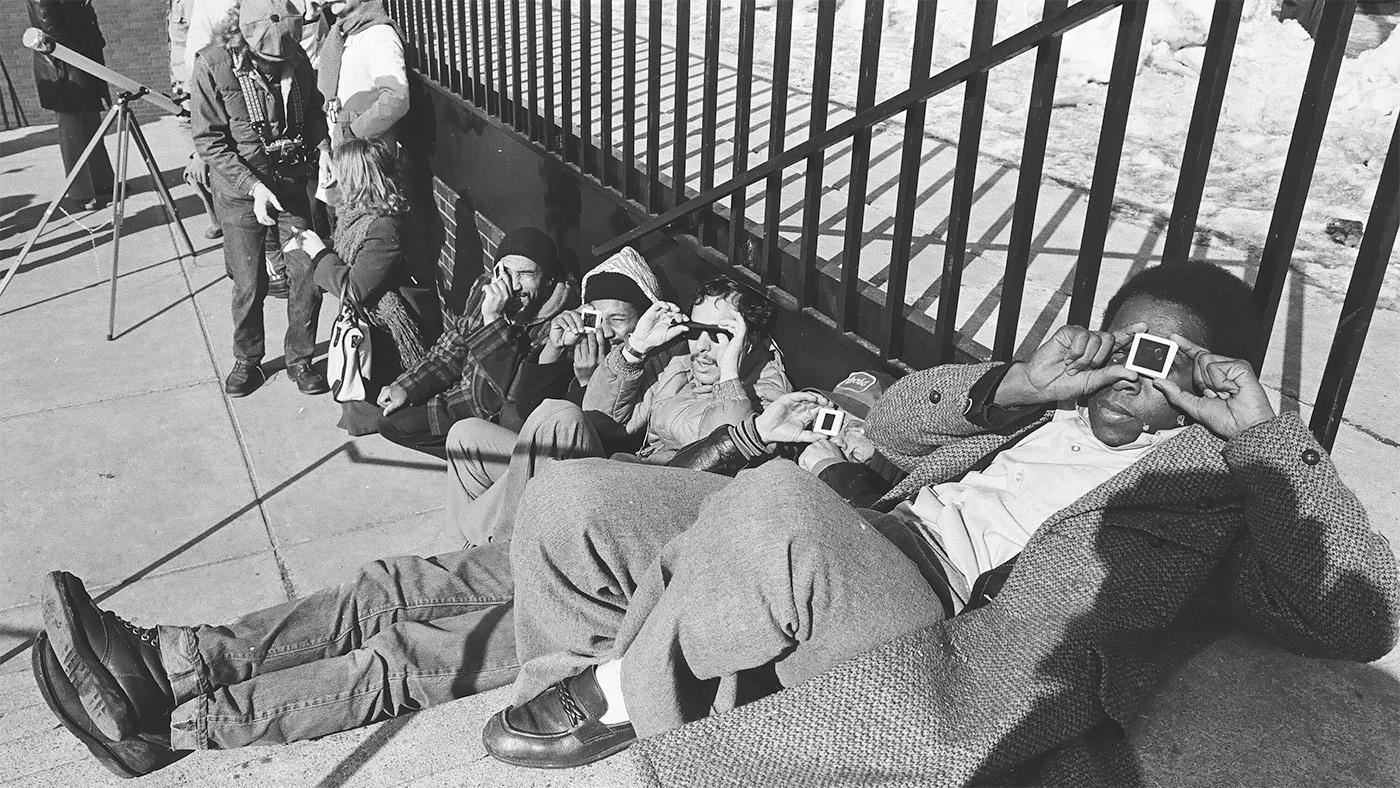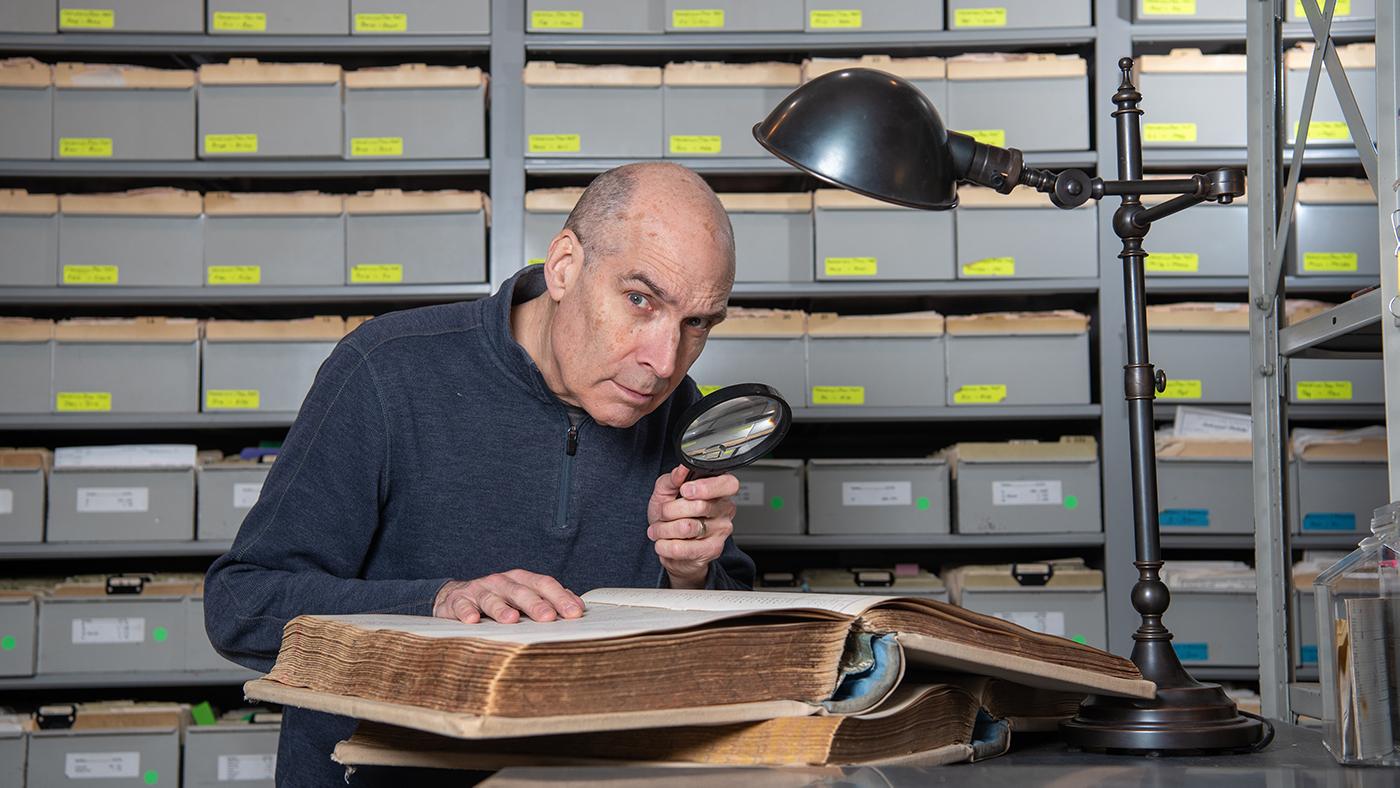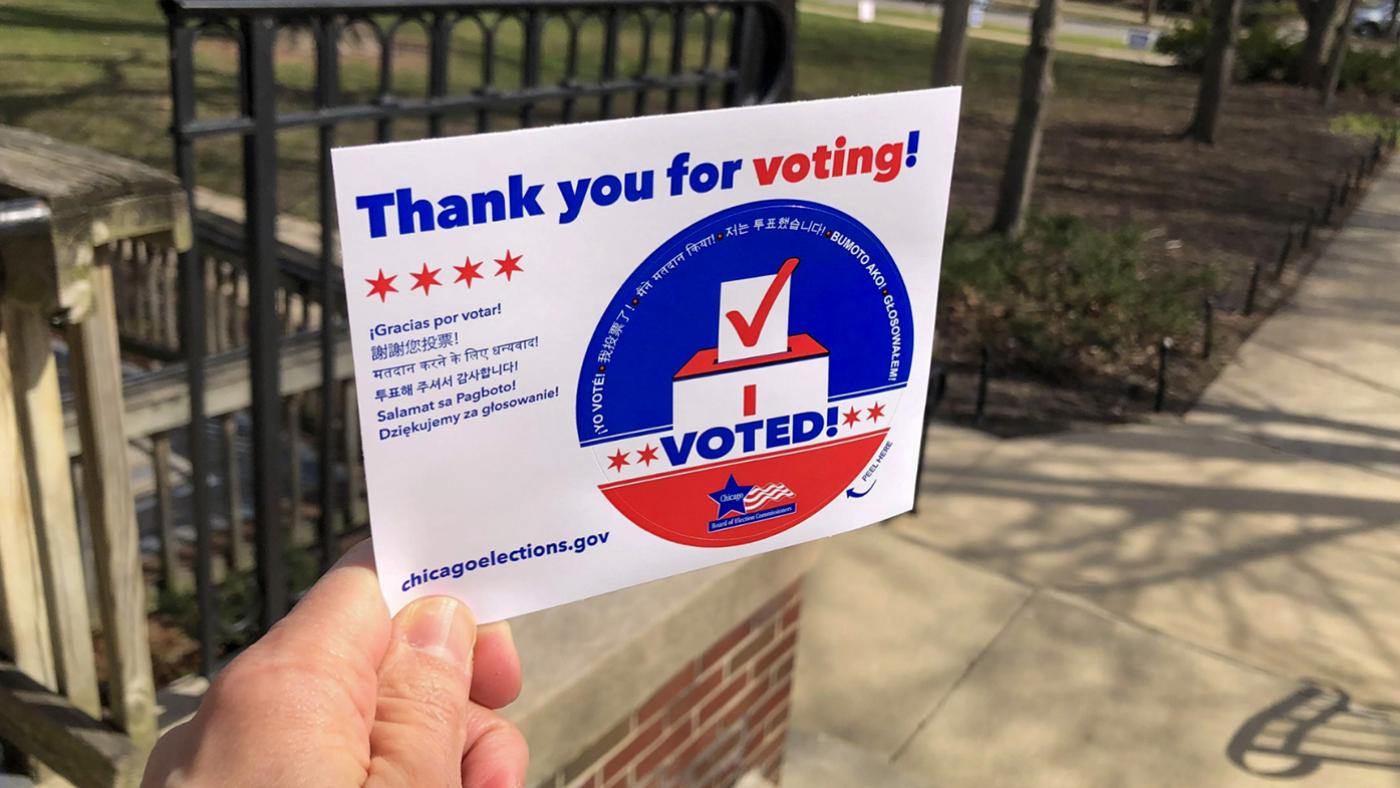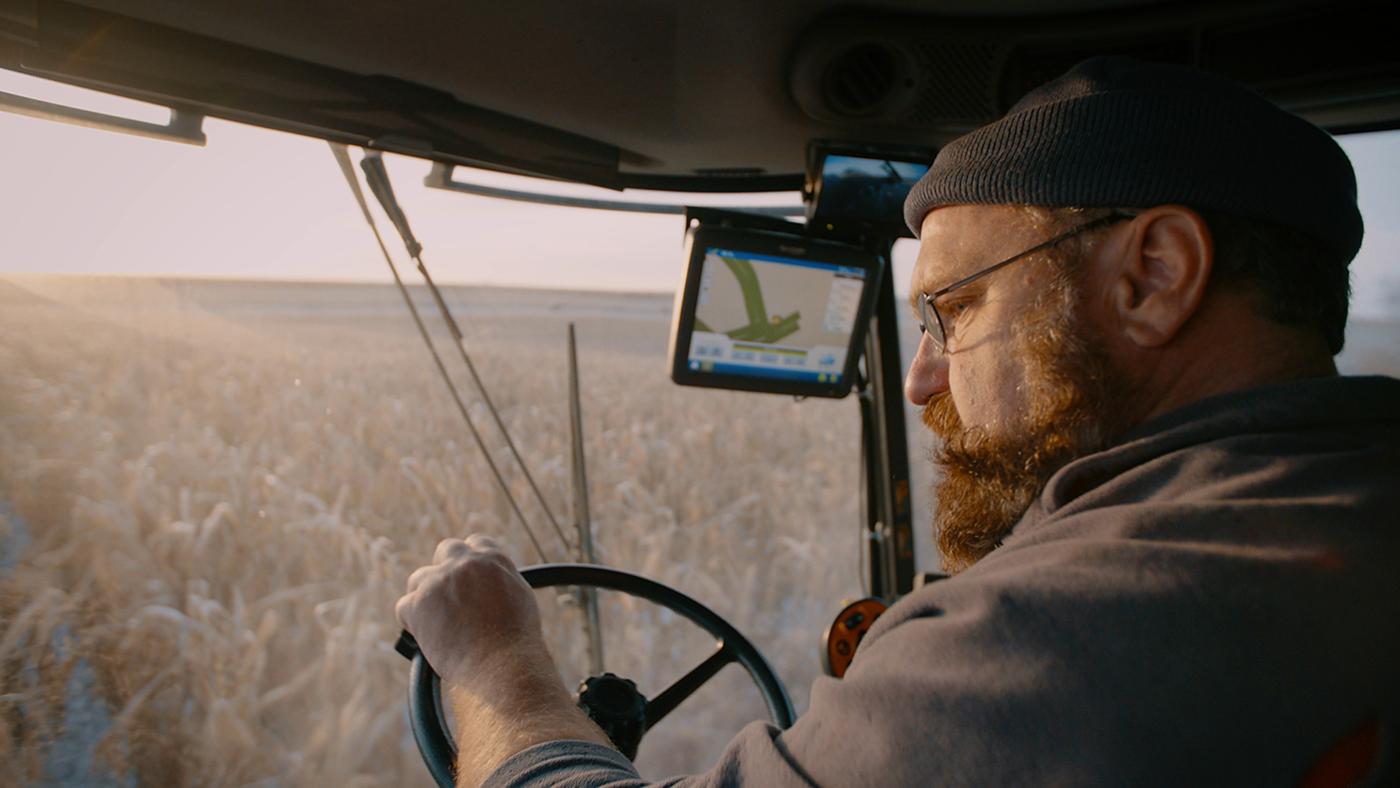The Chicago Organization Promoting Cross-Cultural Understanding Through Afro-Latino Arts
Meredith Francis
September 25, 2020
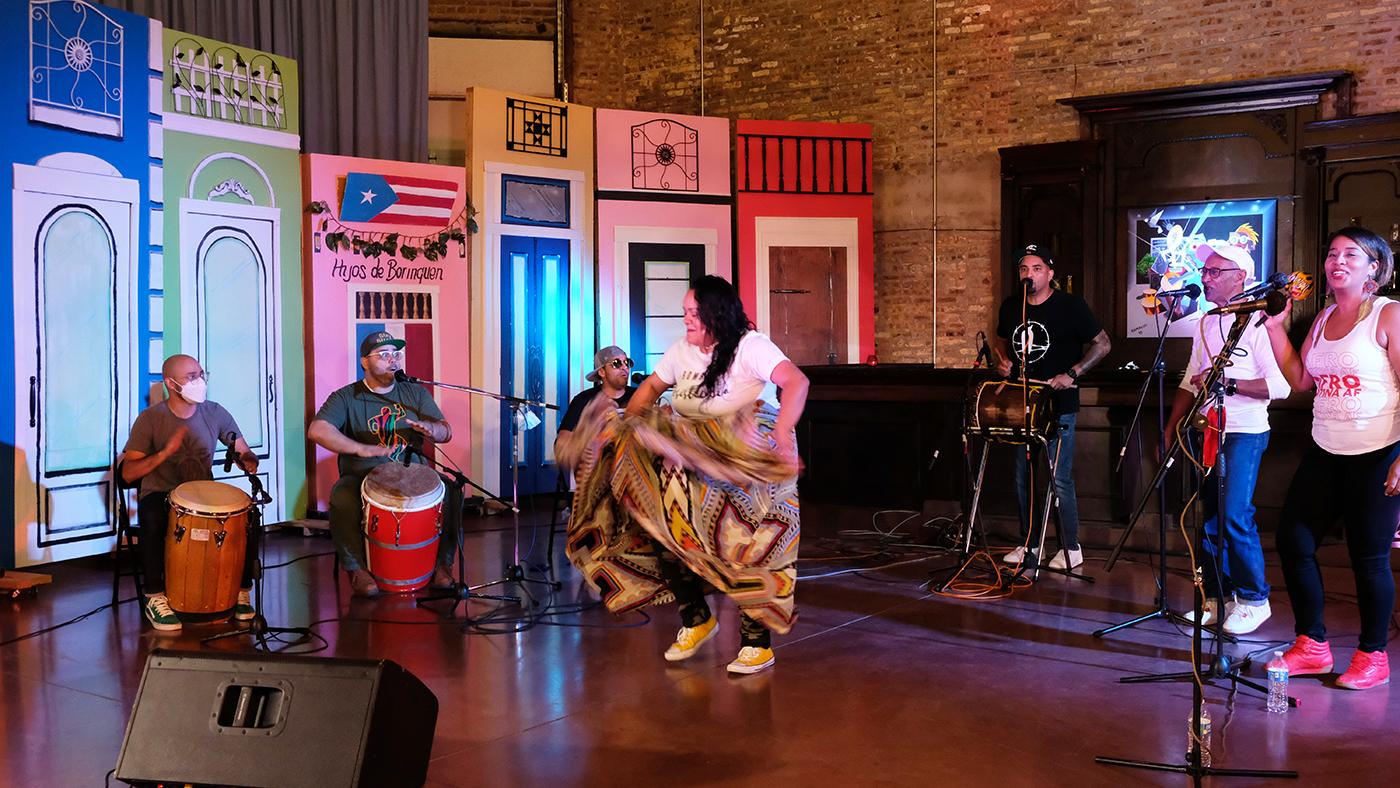
In a city with a population that’s nearly one-third Latino, Chicago has a myriad of cultural organizations that highlight Latino arts. But one organization has a special emphasis on Afro-Latino culture and is working to connect youth to their heritage through music and art.
Located in the Hermosa neighborhood, the Segundo Ruiz Belvis Cultural Center (SRBCC) was founded in 1971. The center is named for a mid-19th century Puerto Rican abolitionist who bought the freedom of enslaved children.
Executive director Omar Torres-Kortright says that, at the time of its founding, the center was tied to social initiatives in an effort to reach out to marginalized Latino communities. But it has evolved over time.
Today, SRBCC is primarily an arts organization that “celebrates Afro-Puerto Rican and Afro-Latino cultural traditions through dance, music, theater, and visual arts,” according to its website. That emphasis on Afro-Puerto Rican and Afro-Latino identity is what sets it apart, says Torres-Kortright, especially at a time of heightened social unrest.
“We feel like us being one of the few organizations in Chicago that's focused specifically on Afro-Latino arts and culture, it really calls for Black and brown unity right now,” Torres-Kortright says.
“We believe in the power of arts to bring together groups and to promote cultural understanding,” he adds. “We think that we're in a unique position to bring the healing power of the arts to the communities, so we are very much devoted to that, and we're very aware of the historic moment in which we're living and the responsibility that that brings.”
The cultural center offers various arts programs, including Afro-Caribbean jazz music classes, Latin percussion classes, visual art initiatives, and more. Torres-Kortright points to a pair of programs that allow student musicians to travel to Puerto Rico or Barcelona and learn more about Bomba, a traditional Puerto Rican music genre, from professional musicians.
Torres-Kortright says these programs help Puerto Rican and other Latino youth – including some third- or fourth-generation kids who have never been to Puerto Rico – build an understanding of their own culture, which in turn helps them understand others.
“It promotes cross-cultural understanding, because they understand themselves better and they know where they come from, and that tells them more of where they're going,” he says. “When young people really early on are offered the opportunity to learn about their history and their music and their culture, it just has a profound impact in the rest of their lives ... It's kind of a transformative experience for them, and it's very long-lasting.”
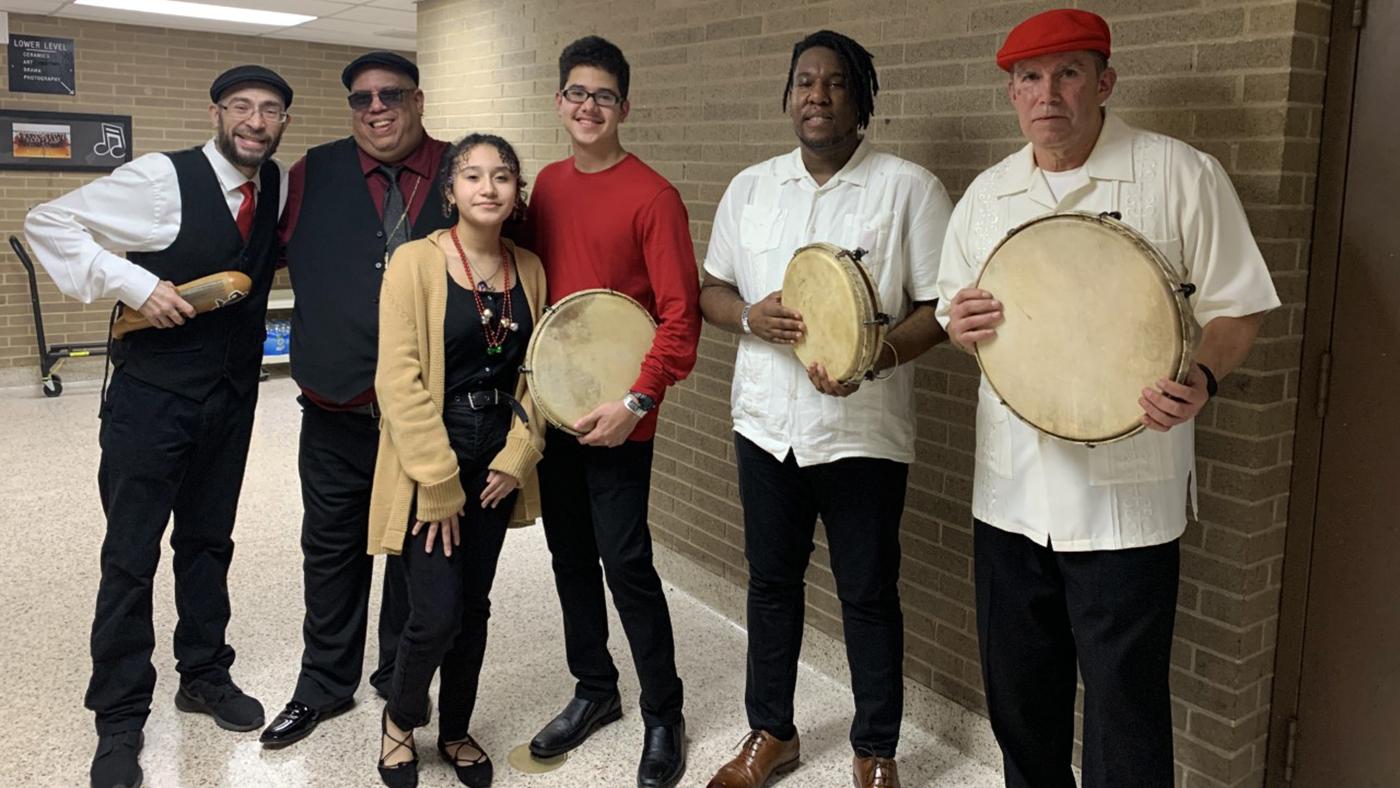 Chris Orengo, pictured here in the red shirt, now performs with Los Pleneros de Don Segundo after completing the Afro-Caribbean jazz program. Photo: Courtesy of Segundo Ruiz Belvis Cultural Center
Chris Orengo, pictured here in the red shirt, now performs with Los Pleneros de Don Segundo after completing the Afro-Caribbean jazz program. Photo: Courtesy of Segundo Ruiz Belvis Cultural Center
One of those young musicians is 19-year-old Chris Orengo. Orengo got his start at SRBCC by accident, while helping his mother deliver sandwiches. One day, he made a delivery to SRBCC and met a music teacher who told him to come back later if he was interested. When Orengo returned that evening, he met some teenagers who were playing music together.
“They started with a little bit of salsa, and then they went into Latin jazz, and then Afro-Caribbean jazz, and I was like, oh, it's got that Caribbean flavor here. It's something I can relate to, from when I used to be in Puerto Rico.”
Orengowas born in Puerto Rico and moved to Chicago with his family as a child. With musicians in his own family, he says it felt like a natural fit for him to join the Afro-Caribbean jazz program offered at SRBCC. He plays the congas – his favorite – as well as the bongos, a little bit of bass, some piano, and the trombone.
Having finished his musical training at SRBCC, he now frequently travels to Chicago from Milwaukee, where he’s a public safety officer, to perform professionally with Los Pleneros de Don Segundo, an SRBCC group that performs plena music. According to SRBCC, plena, a traditional Afro-Puerto Rican folk music that emerged in the 19th century. is used as both celebratory and protest music. Orengo loves the music in part because it connects him with others.
“Let's say I go out to eat somewhere, and I see someone playing plena,” Orengo says. “Then I can think of a song, and I can just join in and sing with them. It’s like a way of communicating.”

